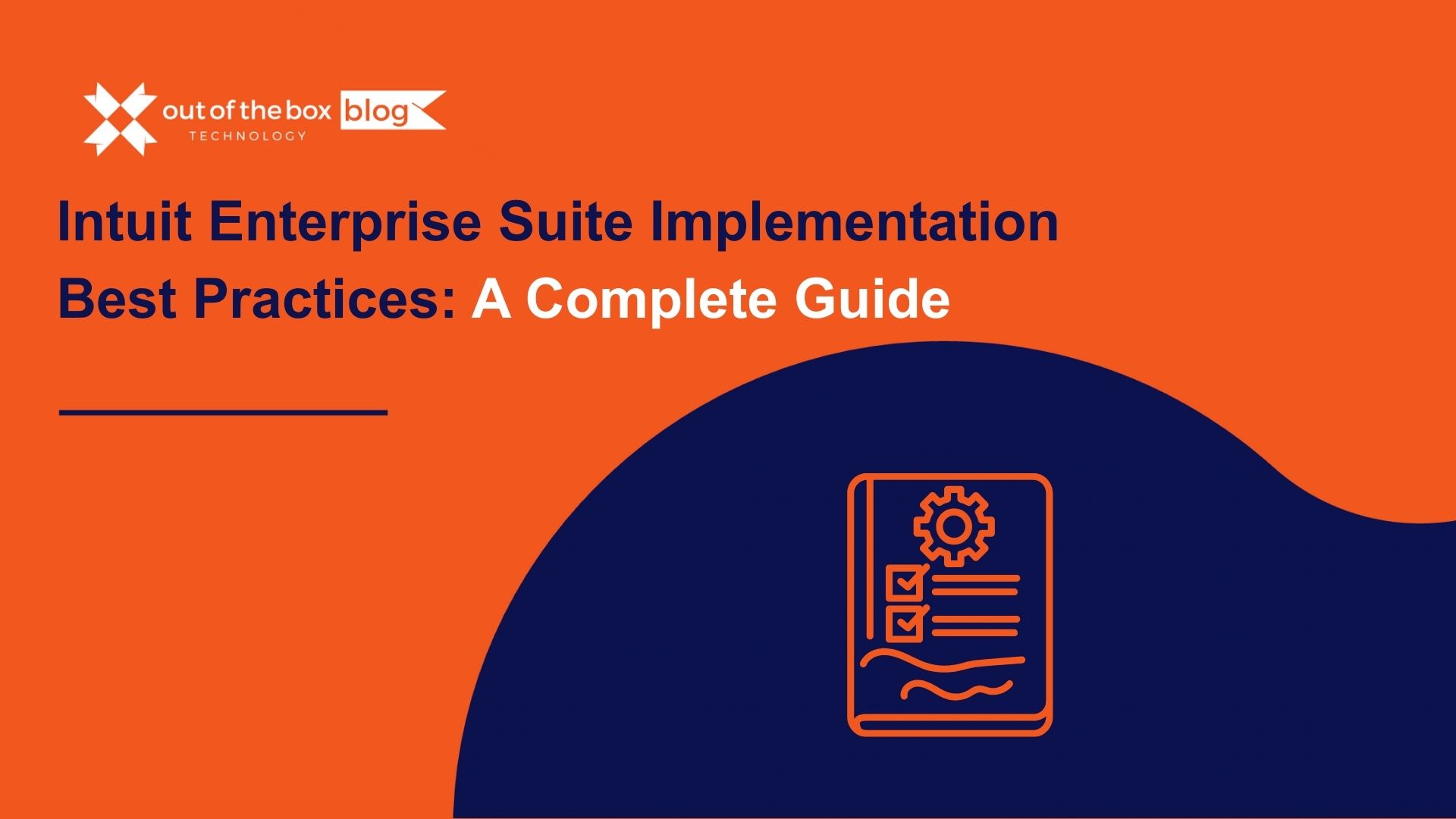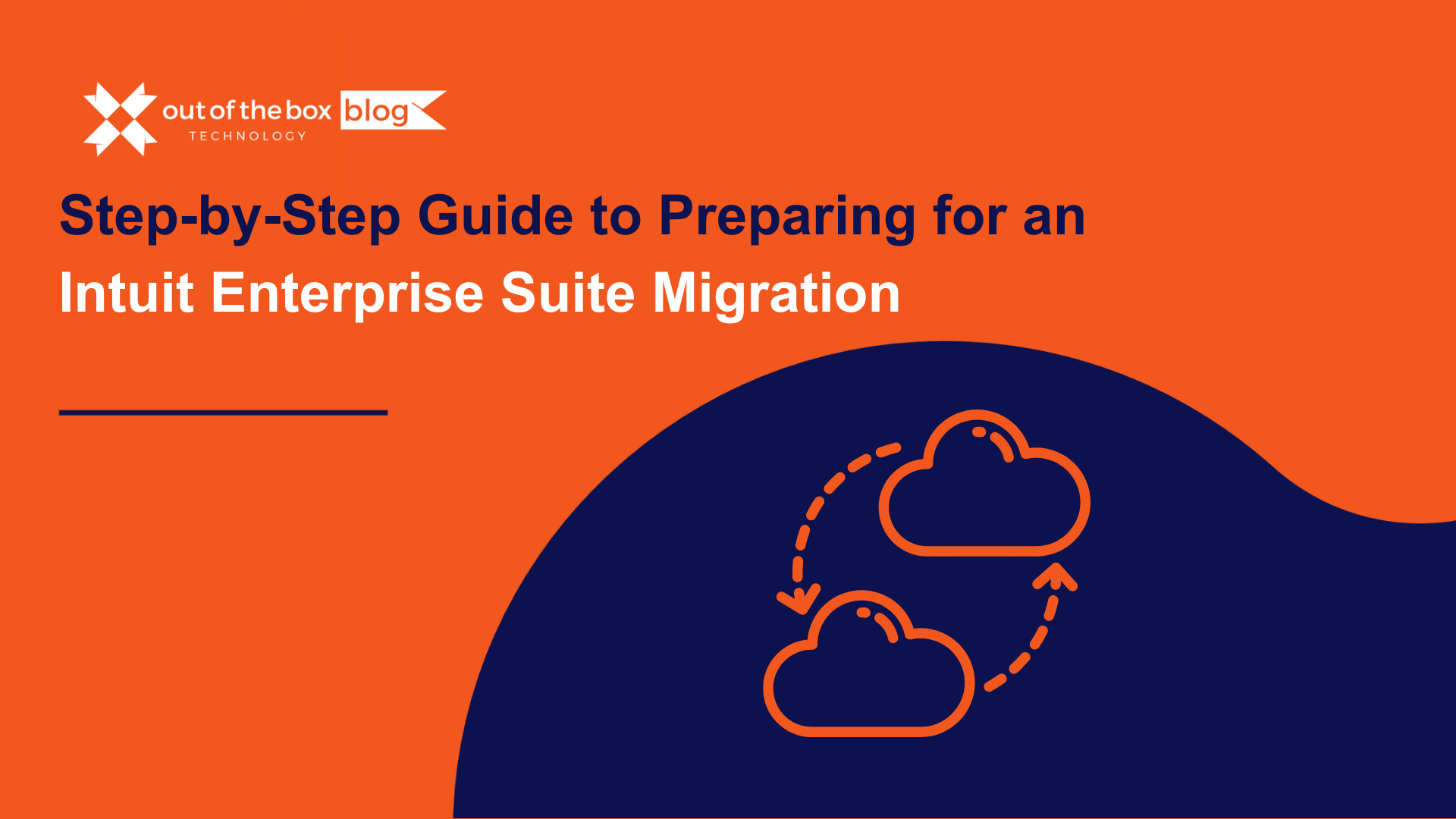Tax season can be a stressful time for small business owners, but with the right preparation, you can make it through smoothly and efficiently. It’s never too early to start preparing your books for tax season. In this guide, we’ll cover essential tips, provide examples, and share data points to help you manage your bookkeeping for tax season effectively. Whether you’re a seasoned entrepreneur or a new small business owner, these insights will help you stay organized and compliant with tax regulations.
Why Early Preparation Matters
Preparing your books early for tax season has several advantages:
- Avoid Last-Minute Stress: By starting early, you can spread out the workload and avoid the stress of rushing to meet deadlines.
- Identify and Correct Errors: Early preparation allows you to identify and correct any errors or discrepancies in your financial records.
- Maximize Deductions: With more time to review your expenses, you can ensure that you capture all eligible deductions, reducing your tax liability.
- Ensure Compliance: Staying ahead helps you comply with tax regulations and avoid penalties for late or incorrect filings.
Tips for Preparing Your Books for Tax Season
1. Organize Your Financial Records
Keeping your financial records organized is the foundation of effective bookkeeping for tax season. Ensure that all your income, expenses, receipts, and invoices are properly recorded and categorized.
Example:
Use cloud-based accounting software like QuickBooks or Xero to keep track of your transactions. These tools allow you to upload receipts, categorize expenses, and generate financial reports with ease.
2. Reconcile Your Accounts Regularly
Regularly reconciling your accounts ensures that your financial records match your bank statements. This helps you catch any discrepancies early and maintain accurate books.
Example:
Set a schedule to reconcile your accounts monthly. Compare your bank statements with your accounting records and investigate any differences.
3. Track Your Expenses
Accurately tracking your business expenses is crucial for maximizing deductions and reducing your tax liability. Ensure that you record all expenses, including small purchases, and categorize them correctly.
Example:
Use expense tracking apps like Expensify or Shoeboxed to scan and categorize receipts on the go. These apps integrate with accounting software, making it easier to manage your expenses.
4. Review and Update Your Financial Statements
Regularly review your financial statements, including your income statement, balance sheet, and cash flow statement. This helps you monitor your business’s financial health and make informed decisions.
Example:
Schedule quarterly reviews of your financial statements with your accountant or bookkeeper. This will help you stay on top of your finances and address any issues promptly.
5. Set Aside Funds for Taxes
To avoid surprises during tax season, set aside a portion of your income for taxes throughout the year. This ensures that you have enough funds to cover your tax liability when it’s time to file.
Example:
Open a separate savings account for taxes and transfer a percentage of your income into this account monthly. Consult with your accountant to determine the appropriate percentage based on your projected tax liability.
6. Stay Updated on Tax Laws
Tax laws and regulations can change, impacting your business’s tax obligations. Stay informed about any changes in tax laws that may affect your business and adjust your bookkeeping practices accordingly.
Example:
Subscribe to newsletters from the IRS or your local tax authority to receive updates on tax laws. Consider joining professional associations like the National Association of Tax Professionals (NATP) for additional resources and support.
Data Points on Small Business Taxes
- According to the National Small Business Association, 30% of small businesses spend over 80 hours annually on federal taxes alone.
- The Small Business Administration (SBA) reports that 40% of small businesses use an external accountant for tax preparation.
- A survey by SCORE found that 47% of small business owners believe their tax burden is too high, highlighting the importance of effective tax planning and preparation.
Conclusion
Early preparation is key to managing your bookkeeping for tax season efficiently. By organizing your financial records, reconciling your accounts, tracking expenses, reviewing financial statements, setting aside funds for taxes, and staying updated on tax laws, you can reduce stress and ensure compliance with tax regulations. Implement these tips today to get ahead and make the upcoming tax season a breeze.
Remember, effective bookkeeping for tax season not only helps you file your taxes accurately but also provides valuable insights into your business’s financial health. Start preparing now and set your business up for success.
Ready to get help to ensure your books are ready for tax season? Discover the benefits of outsourcing your bookkeeping with Out of the Box.
Meet with a QuickBooks service expert today!
Schedule a complimentary QuickBooks service consultation to find out the recurring accounting services to help your business run at its best.




